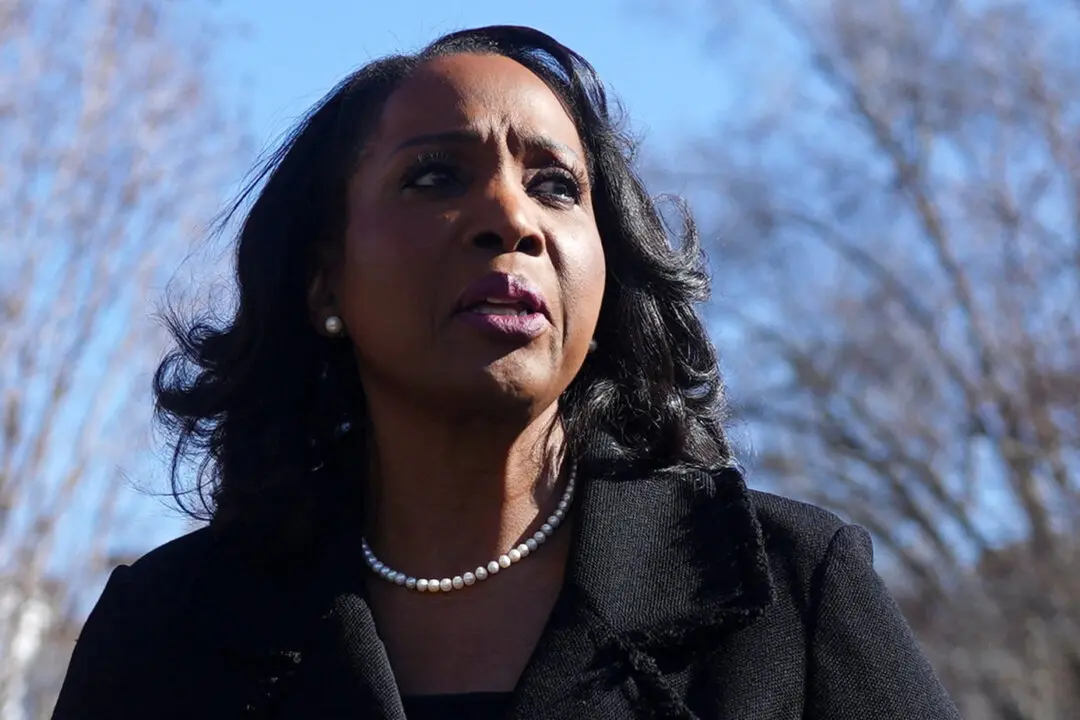Federal Trade Commission (FTC) Chair Lina Khan announced on Oct. 21 that the agency’s prohibition on fake online reviews was taking effect, imposing fines as high as $50,000 for violations.
On social media platform X, Khan encouraged followers to report the proscribed practices at ReportFraud.FTC.gov. In announcing the rule this August, she said that fake reviews “not only waste people’s time and money, but also pollute the marketplace and divert business away from honest competitors.”





